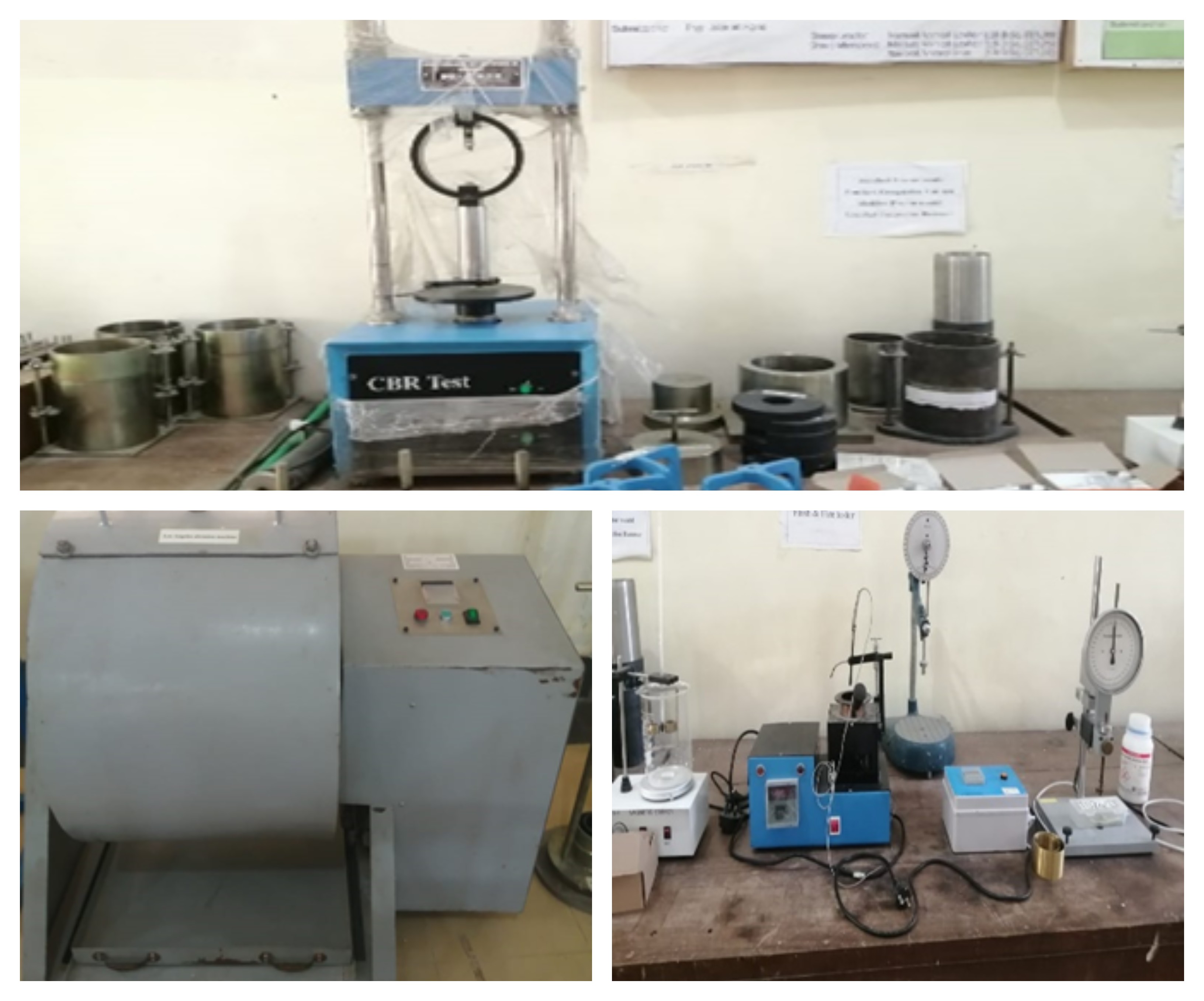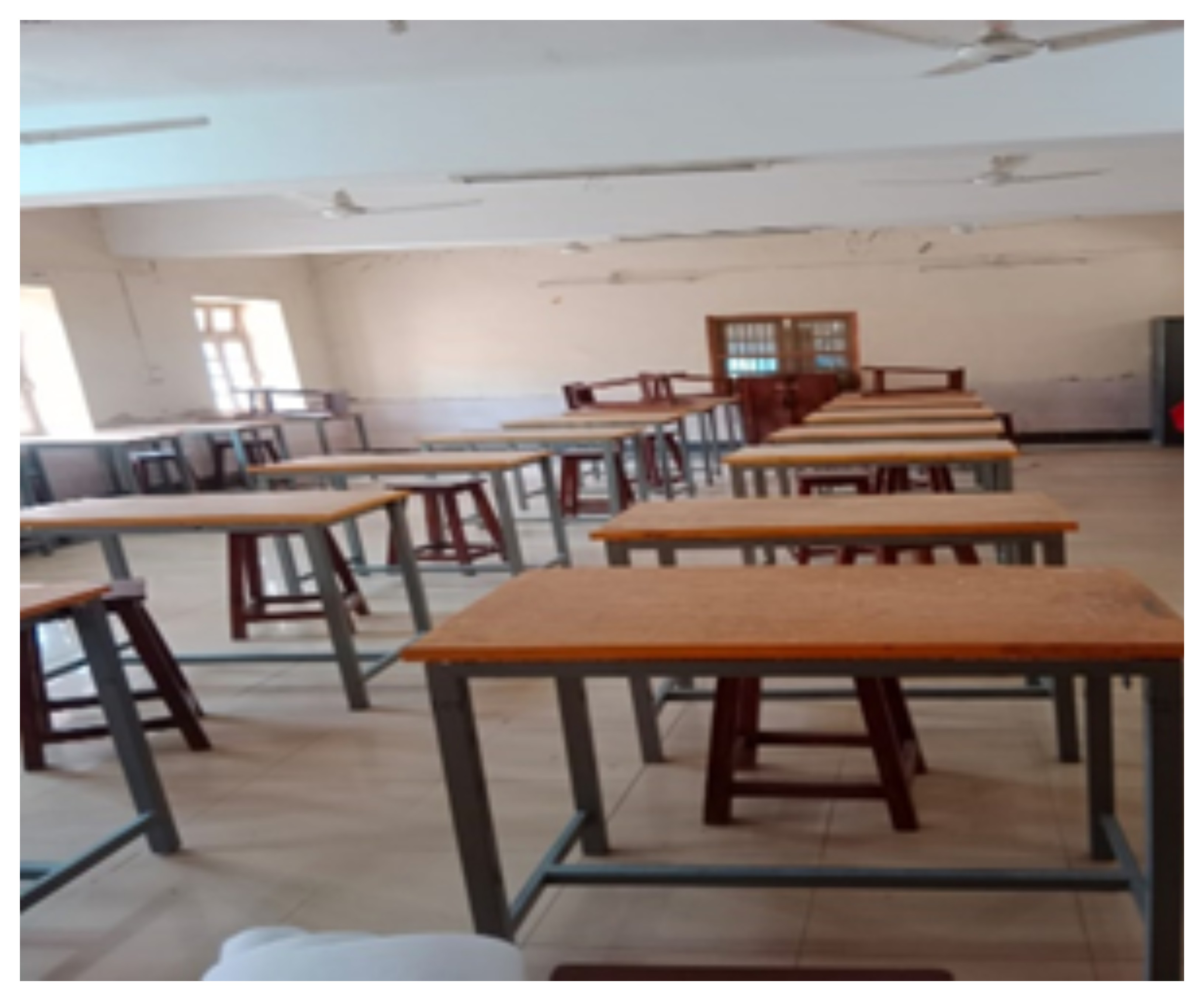
The Department of Civil Engineering Technology (CET) is the leading discipline in terms of student admission, faculty, and infrastructure, currently. The CET department offers essential advances in Civil Engineering Technology education according to cutting-edge requirements of the field.
CET Department has well-equipped classrooms and laboratories. Department has also professional linkages to PHED, WAPDA, NESPAK, NHA, C&W Department, Works & Service Department, and in Irrigation Department, etc.
"To be recognized globally as a centre of excellence which offers high quality education, technological knowledge and outreach activities with innovation and creativity in the field of Civil Engineering Technology."
"The department of Civil Engineering Technology aims to provide quality education and produce competent Technologists in the field of Civil Engineering with high level of professional, social, and ethical sense of responsibilities to serve worldwide."
Utilize practical and technical skills within productive, gainful, and ethical careers in civil engineering industries and organizations.
Contribute through their effective communication, leadership and teamwork to serve for the society, while maintaining high ethical and professional standards.
Demonstrate continuous life-long learning through professional activities and training, the pursuit of higher educational degrees, and individual professional improvement.
An ability to apply knowledge of mathematics, natural science, Engineering Technology fundamentals and Engineering Technology specialization to defined and applied Engineering Technology procedures, processes, systems or methodologies.
An ability to Identify, formulate, research literature and analyze broadly-defined Engineering Technology problems reaching substantiated conclusions using analytical tools appropriate to the discipline or area of specialization.
An ability to design solutions for broadly- defined Engineering Technology problems and contribute to the design of systems, components or processes to meet specified needs with appropriate consideration for public health and safety, cultural, societal, and environmental considerations.
An ability to conduct investigations of broadly-defined problems; locate, search and select relevant data from codes, data bases and literature, design and conduct experiments to provide valid conclusions.
An ability to Select and apply appropriate techniques, resources, and modern technology and IT tools, including prediction and modelling, to broadly-defined Engineering Technology problems, with an understanding of the limitations.
An ability to demonstrate understanding of the societal, health, safety, legal and cultural issues and the consequent responsibilities relevant to Engineering Technology practice and solutions to broadly defined Engineering Technology problems.
An ability to understand and evaluate the sustainability and impact of Engineering Technology work in the solution of broadly defined Engineering Technology problems in societal and environmental contexts.
Understand and commit to professional ethics and responsibilities and norms of Engineering Technology practice
An ability to Function effectively as an individual, and as a member or leader in perse teams.
An ability to communicate effectively on broadly defined Engineering Technology activities with the Engineering Technologist community and with society at large, by being able to comprehend and write effective reports and design documentation, make effective presentations, and give and receive clear instructions.
An ability to demonstrate knowledge and understanding of Engineering Technology management principles and apply these to one’s own work, as a member or leader in a team and to manage projects in multidisciplinary environments
An ability to recognize the need for, and have the ability to engage in independent and life-long learning in specialist Engineering Technologies.
The department of Civil Engineering Technology has following nine (09) laboratories that are well-equipped with the advanced equipment, apparatus that are essential for carrying the laboratory work in the department
The Surveying Lab consists of an assortment of state-of-the-art equipment for performing various engineering measurements. This equipment includes four total station instruments for obtaining angle and distance measurements, four automatic engineering levels, a tripod-mounted laser level, a hand-held laser distance meter, and three hand-held, mapping grade GPS units. Ancillary equipment, such as tripods, reflective prisms, and level rods is also available.
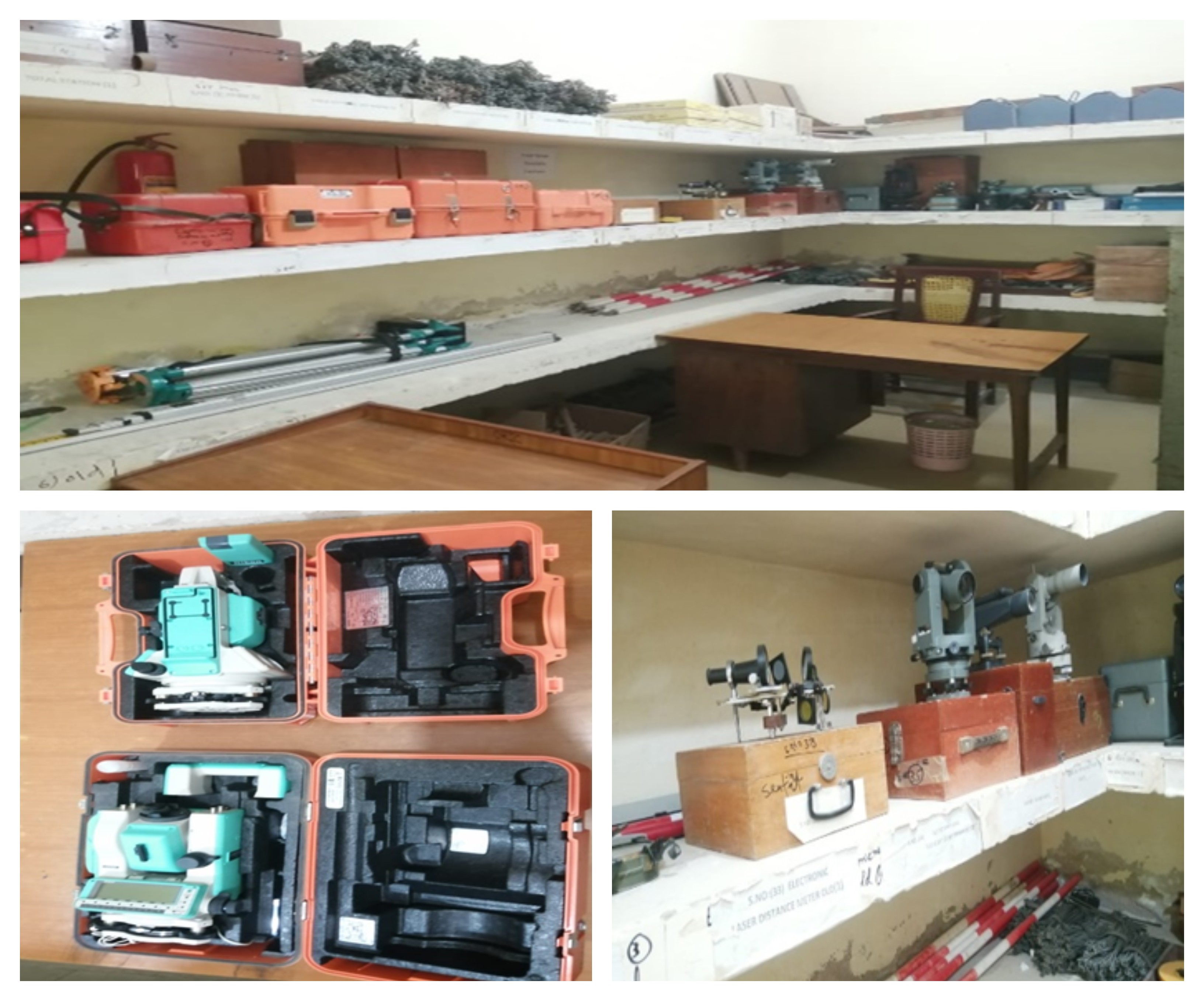
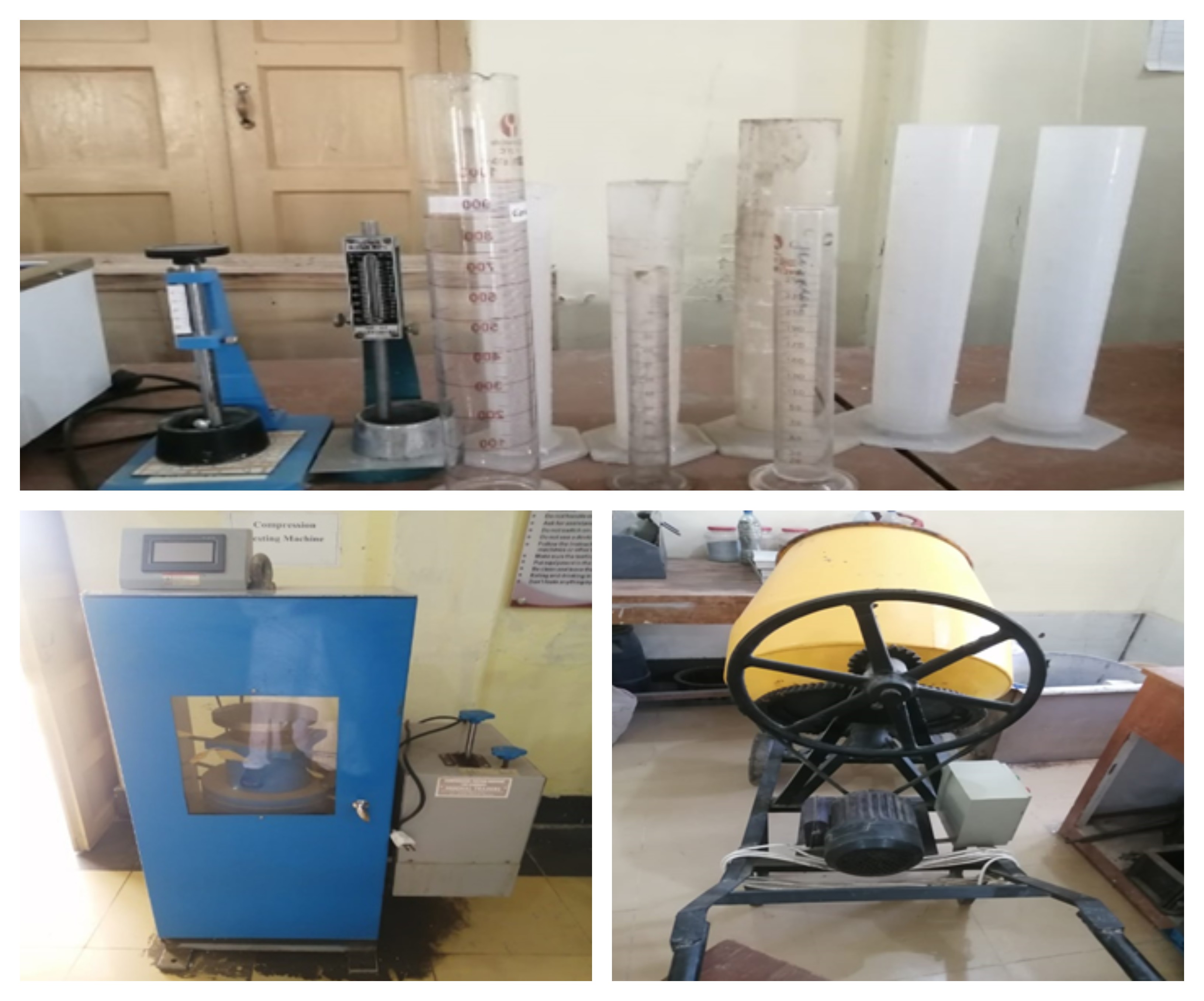
The objective of this lab is to introduce concepts of concrete production, properties of fresh and hardened concrete, constituents used in concrete like coarse aggregate, fine aggregate, cement, water cement ratio for a concrete, proportioning for different mix design methods, concrete strength evaluation methods by destructive testing like concrete compression cylinder and cube tests.
This lab provides an elementary introduction of Soil Mechanics such as measurement of in-situ density of soil, determination of moisture contents of soil, mechanical and hydrometer analysis, consolidation test of soil and all the topics necessary for the detailed study of Geotechnical Engineering.
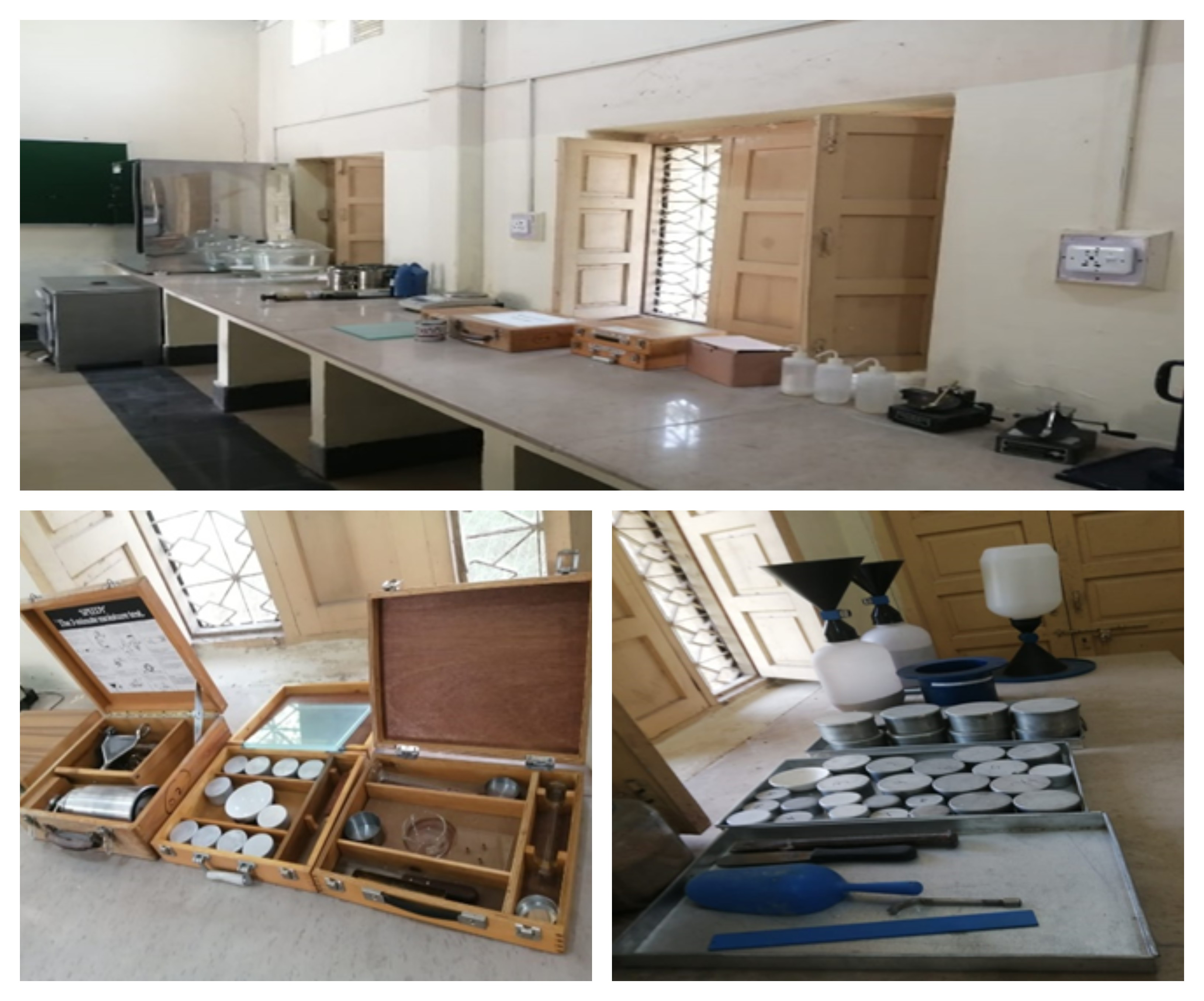
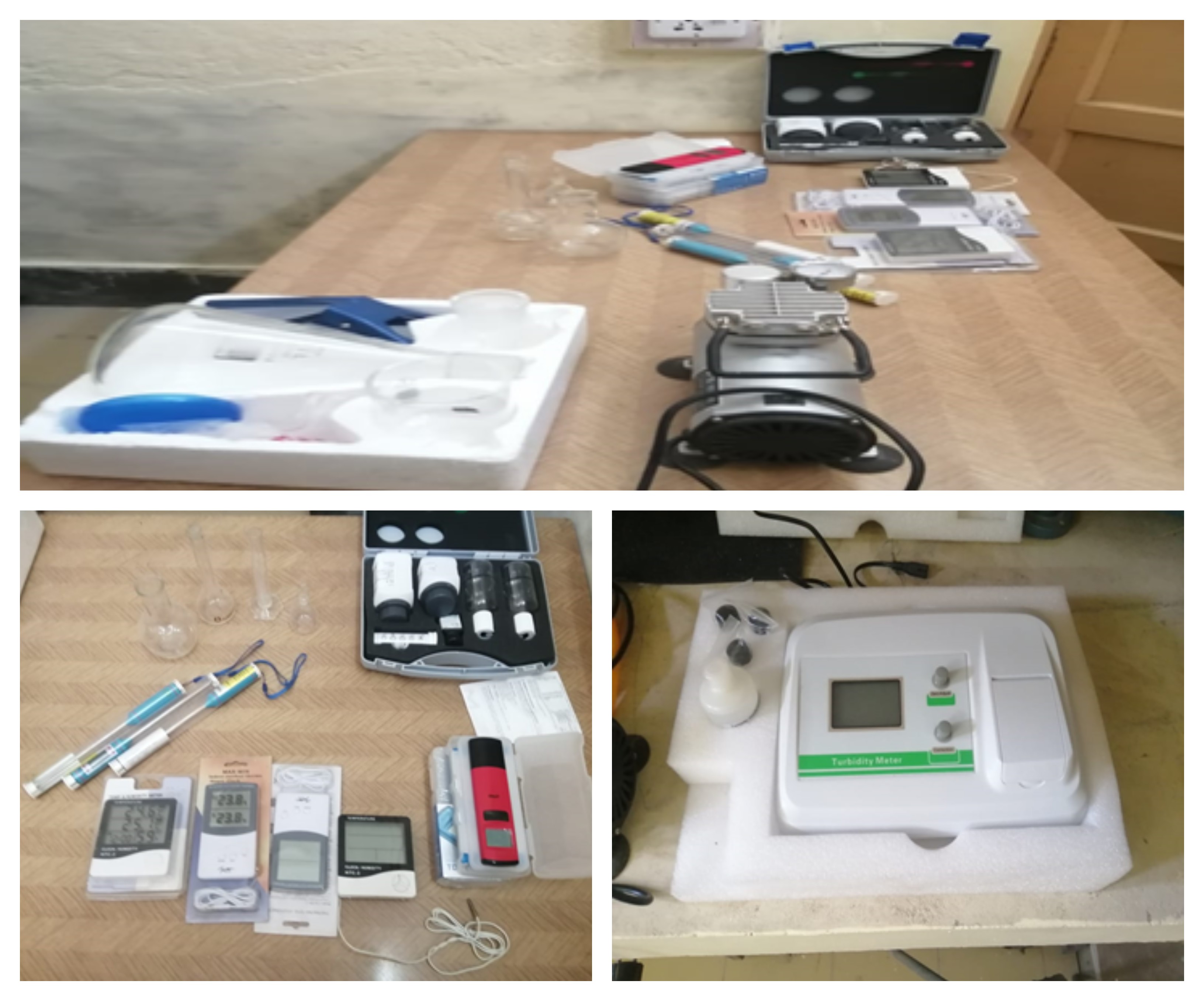
The objective of this lab is to introduce concepts of environmental pollution, contamination and their sources in the context of water and waste water and to acquaint students with environmental engineering concepts.
